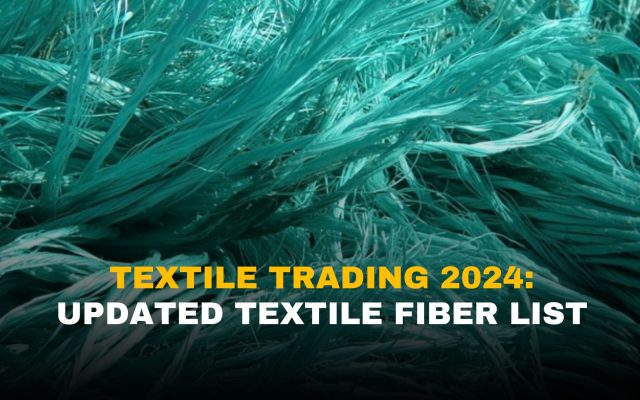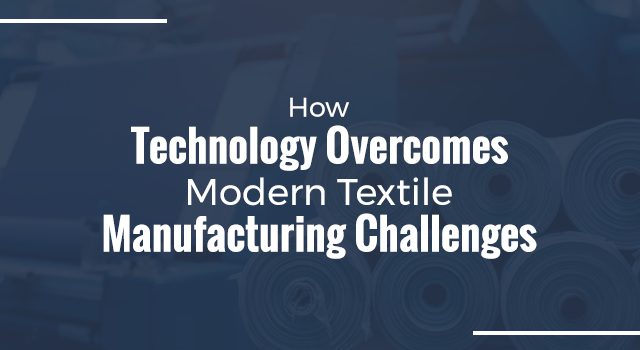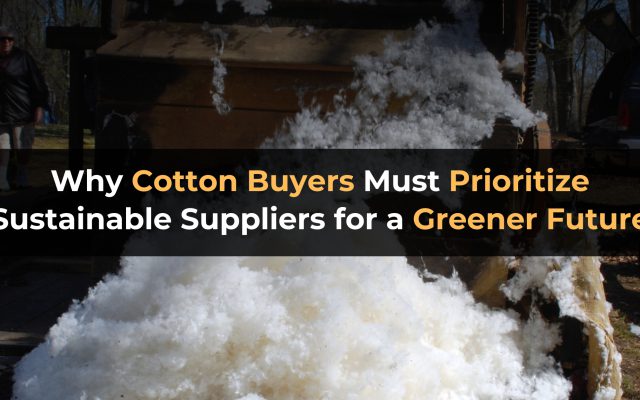If you’re looking to buy cotton fabric material online from TEXchange, who would be your best choice? Regular cotton sellers or organic cotton fabric suppliers? Do you understand the difference between the two?Just like potatoes in cuisines, cotton is the most versatile and humble fabric we know. It is the most used textile in the world, with a global market share of over 56%. The fiber is soft, cool, breathable, absorbent, strong, and can withstand abrasion, wear, and high temperatures.
Cotton is preferred in every season, and its application is wide-reaching. But, while we love using cotton fabrics, most of us aren’t aware of the negative environmental impact cotton production causes.
As one of the top textile companies in India, TEXchange, through its integrated trading system, tries to reduce the carbon footprint in textile trading as much as possible.
And that’s why we’ve already started being conscious of eco-friendly fabric production and buying and selling organic cotton fabric material online.
So, what is organic cotton, and how is it different from regular cotton fabrics? If you think both are the same, then you’d be surprised to know that there are a great many differences between the two.
And as cotton buyers, you must be aware of them.
What is Regular Cotton Fiber?
Cotton is called the king of fibers. It is the most important natural and cellulosic textile fiber in the world. Cotton fibers are seed hairs that grow in protective cases around the seeds, called bolls. It is native to tropical and subtropical regions, including India, Africa, and America. In textiles, the cotton fibers are the dried cell walls. The fiber is spun into yarn to produce soft and high-quality textile fabrics.
The fiber can hold water 25 times more than its body weight.
What is Organic Cotton Fiber?
Organic cotton fiber’s physical properties and applications are the same as regular cotton except for one significant difference – the production process. Organic cotton fibers are plants that have been grown for at least three years with natural fertilizers and growing techniques, including manure, compost, naturally derived plant fertilizers, and minerals.
Chemicals, pesticides, defoliants, and chemically produced fertilizers aren’t added to the cotton fiber production process.
Difference Between Organic Cotton and Regular Cotton Fabric Material Online
- Traditional cotton textile companies in India and abroad use about 16% of the world’s insecticides, emitting greenhouse gases into the earth’s atmosphere.
Organic cotton suppliers avoid pesticides while farming, which doesn’t build C02 in the atmosphere. In fact, the healthy fertile soil acts as a carbon sink by removing excess C02.
- The toxic pesticides used in conventional cotton farming are airborne, travel up 25 miles, and can cause health problems, including infertility, lung problems, and congenital disabilities in people living within the range.
Organic farming doesn’t use toxic chemicals and safeguards the workers, their families, and nearby communities.
- While it takes 2700 liters of water to produce cotton to make one T-shirt, it takes only 243 liters to produce organic cotton. This is one of the main reasons why top textile companies are registering their companies as organic cotton buyers on TEXchange.
- Organic cotton farming uses 91 less blue water, such as freshwater lakes, groundwater, and river water, compared to the conventional method. 95% of the water used in organic cotton production is green water, such as harvested rainwater and naturally stored water in the soil.
- 85% of organic cotton fibers worldwide are grown on small-scale farms, which are generally rain-fed than irrigated. And since farmers don’t use synthetic fertilizers and pesticides, and the soils are literally free of adulteration, they don’t need much water. Besides, organic cotton farming doesn’t involve genetic crop modification, unlike regular cotton farming, further reducing water usage.
- Absence of synthetic fertilizers reduces water pollution by 98%, and by simply avoiding nitrous dioxide-releasing fertilizers and pesticides, it emits 46% lesser greenhouse gas.
And finally, the rise of environmental stewardship and cotton buyers’ consciousness about their businesses’ environmental impact has made organic cotton a trend among textile companies in India and abroad. Fabric suppliers on TEXchange, like textile manufacturers and retailers, are responding proactively to the demands for ‘green cotton fabric wholesale online.’
If you are a cotton buyer and are actively looking for organic cotton fiber, yarn, or fabric, register on TEXchange Global. You can now trade cotton fabric material online with zero subscription fee on the site.




